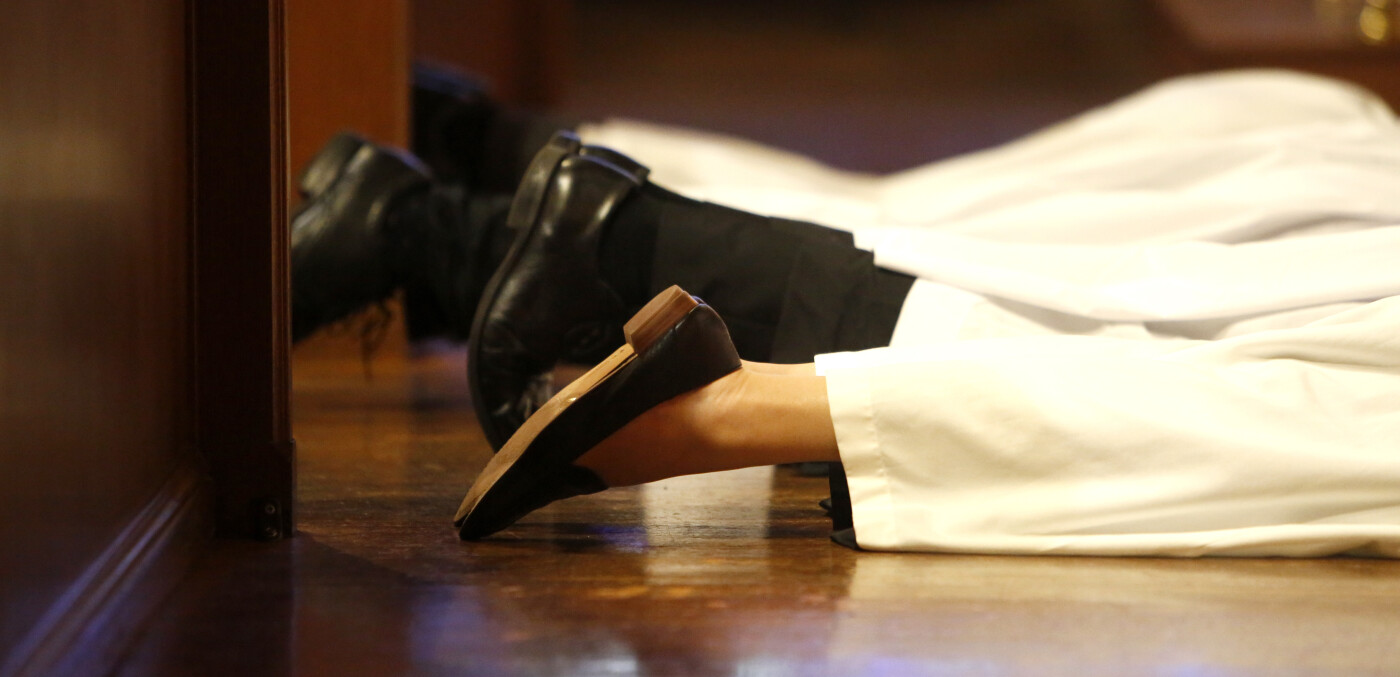The Diaconate
ON THE DIACONATE
“…those who serve well as deacons gain a good standing for themselves and also great confidence in the faith which is in Christ Jesus.” 1 Timothy 3:13
“TAKE heed that the persons, whom ye present unto us, be apt and meet, for their learning and godly conversation, to exercise their ministry duly, to the honour of God, and the edifying of his Church…”
(from the Bishop’s Exhortation in “The Form and Manner of Making Deacons”, BCP 1662)
In discerning any vocation, the place to start is always with the Gospel - the saving work of Jesus Christ at work in the church through the Holy Spirit. The bishop is a sign of that same work faithfully communicated across time and space in spite of all obstacles, and the priest is the sign that this power is conveyed gratuitously through Word and Sacrament. The deacon reminds us of the grace of Jesus himself, that he is humble, cruciform, and in solidarity with human need, ever-present in the midst of our suffering and difficulty.
A diaconal ministry symbolically demonstrates Christ’s presence in the midst of and in solidarity with human need and poverty, and helps to ‘take the Church there’, going to those places the rest of Christ’s body might not think, or might not initially be inclined, to go. The deacon ministers to the sick, the mentally ill, the dying, the imprisoned, the disabled, and the disadvantaged in a serious and tangible way, bringing the light and love of Christ into the darkest and most desperate of places, proclaiming the Gospel in word and through works of loving service.
The liturgical role of deacons is an important expression of these various aspects of the diaconal ministry, expressed in the proclamation of the Gospel and service at the altar. The presence of a deacon in the liturgy is a tangible reminder of those dark and desperate places of human need and suffering, not only drawing the hearts and minds of the faithful to “the least of these my brethren” (Mt 25.40), but also seeking to lead the lost out of the darkness and into the glorious light of Christ’s love and mercy and healing. Likewise, this symbolic role also informs the deacon’s parish ministry: informing the congregation of the needs within their community, and exhorting them to live out their own diaconal vocation in service to others, embracing the call our Lord gives to all the baptized.
Finally, in our church we give deacons an equal share with priests in the councils of the Church. For this reason their educational preparation must be comparable to that of priests. This means that anyone preparing for diaconal ordination will be required to study at a seminary for a period of time, which can be done via distance education.


